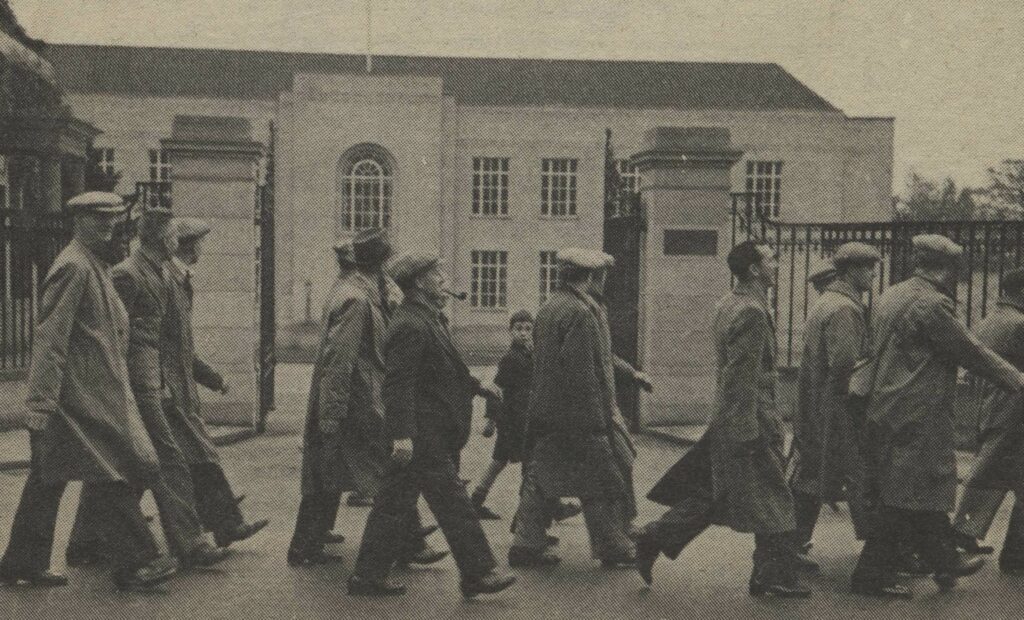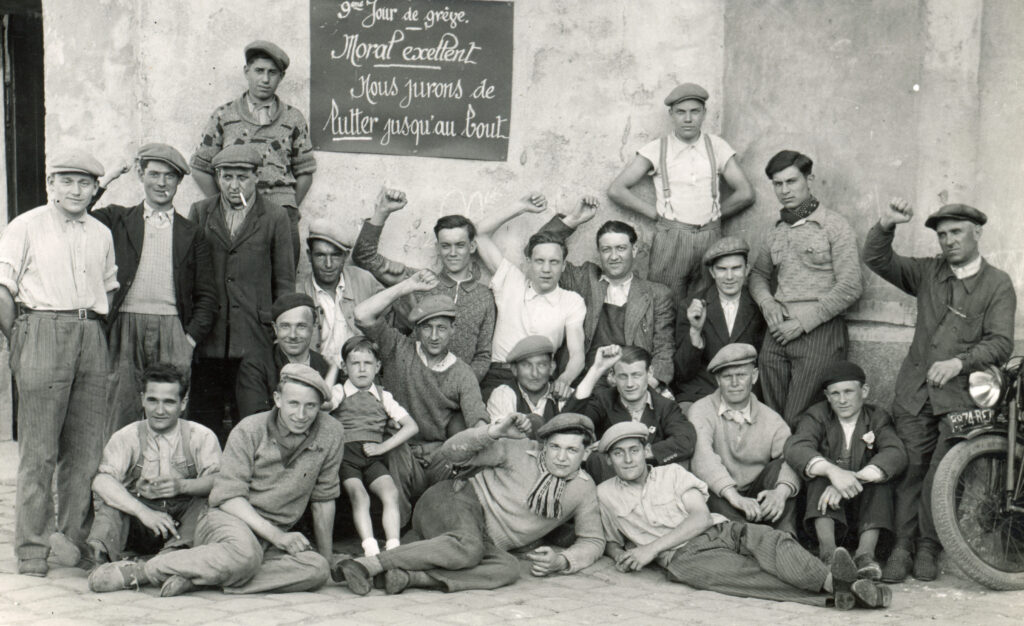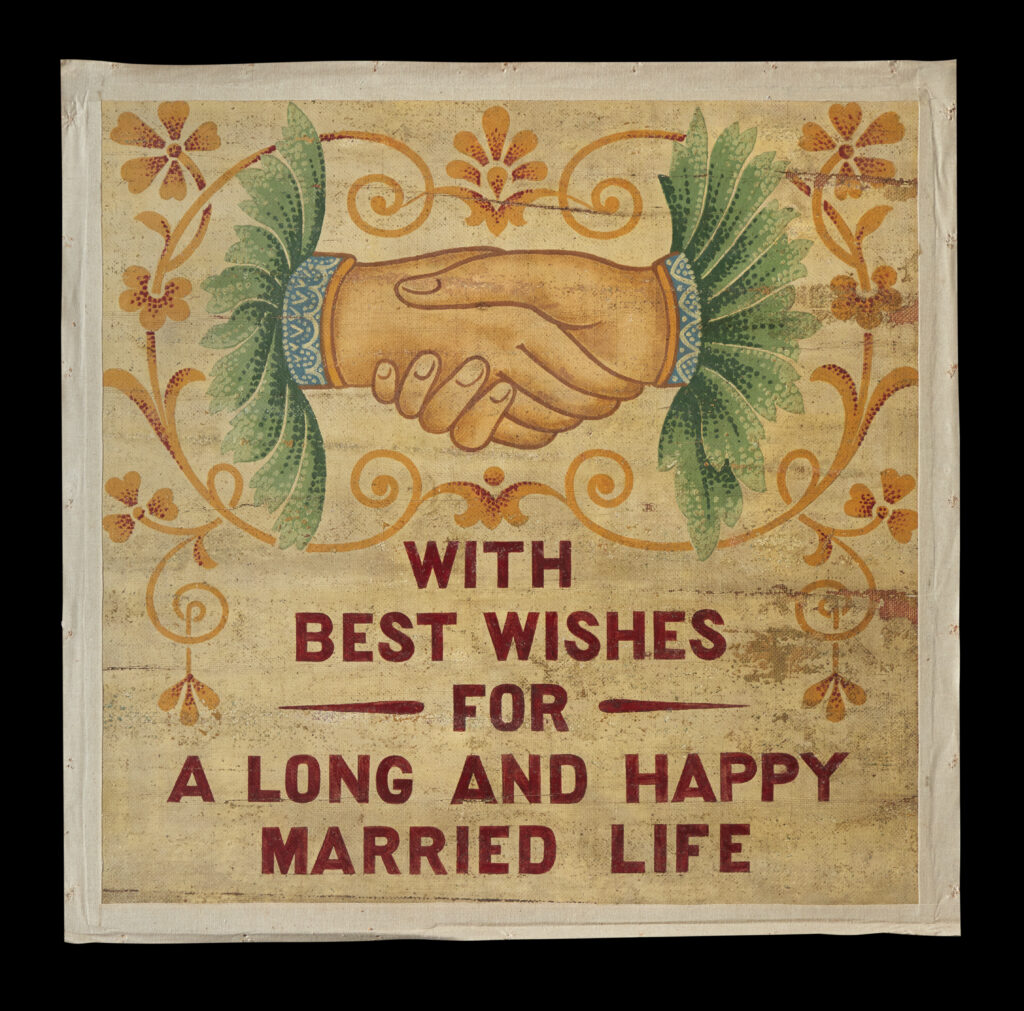A tribute to William Tod Louden, who served 1914-1916 with Fife & Forfar Yeomanry, Kings Own Scottish Borderers and The Royal Scots Regiment.
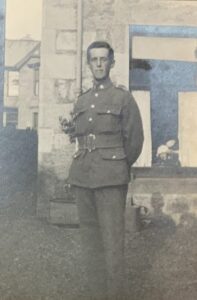
William Tod Louden was the younger son of Mr. William T. Louden of 47, Couston Street, Dunfermline. Private Louden, who in 1914 at the tender age of 23, was on the Journalistic Staff of Selkirk’s Southern Reporter and was the first member of their staff to volunteer for active service at the outbreak of WW1. In 1912 he had become a volunteer with the Fife & Forfar Yeomanry. William’s father, William Snr., was a well-known and distinguished citizen of Dunfermline. He was also the Senior partner in the High Street Chemist, Seath & Louden.
Having volunteered for active service with the British Army he spent a long period at the start of his service attached to the inactive Home Guard Yeomanry which was stationed in England engaged in continuous training and ceremonial duties. This is certainly not what young Trooper Louden had joined for and, becoming quite restless and frustrated with this inactivity, he requested a transfer to an active unit at the front line in France. His request was approved and he was thus transferred to The Kings Own Scottish Borderers and deployed onwards to the Dardanelles at the start of the Gallipoli Campaign in Turkey. It was whilst serving in this campaign that William contracted Dysentery and was invalided back to England and a period of hospitalisation.
It was during this period in hospital that William’s journalistic and writing skills prompted him to write a book on his personal experiences serving with the British Army. The result was the epic, widely read “Gallipoli Days & Nights,” penned under the pseudonym, Trooper McCustra. The book presents an original, attractive and whimsical way of life for soldiers who participated in the unfortunate but ever glorious Dardanelles Campaign. While it described much that was humorous, it is often ironic and bitter in its comment on military mistakes which involved the Troops in much distress and discomfort. The book is a faithful portrait of the unquenchable joyfulness of the typical British Soldier and his courage under the most abominable conditions of warfare. As described in a review of the book, it best deserves praise for its fearless criticism of the errors of the past and thus helping to prevent their repetition.
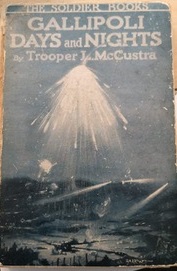
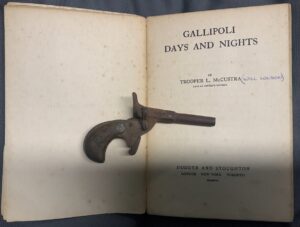
Fully recovered from the bout of Dysentery, William was keen to get back to active Service and to join his fellow soldiers, preferably on the front line and wasted no time in volunteering. Once again, his request was approved, and he was transferred to The Royal Scots Regiment and deployed with them to the Somme. It was while engaged with the enemy on the front line that William received bullet wounds to his legs. He was on a troop ambulance train heading home for Dunfermline when he was taken ill, suffering what we believe to be secondary haemorrhaging. The train was stopped at Warrington station and although an ambulance was despatched from Lord Derby’s Hospital, William succumbed to his injuries. Although initially appearing to be making a successful recovery, his wounds became infected and, within a matter of days Sepsis had overtaken his vascular system resulting in his untimely death in October 1916. Following a full military funeral William’s body was finally laid to rest in Dunfermline Cemetery on the 2nd of November 2016.
Louden – Dunfermline High School Roll of Honour
Moving tributes were written in honour of him in The Dundee Courier and The Selkirk Southern Reporter. These form part of the Louden Collection which was kindly donated by his family to the Dunfermline Carnegie Library and Galleries. Also held in the collection are several hand written copies of a number of very moving poems written by him entitled, All The World’s at War, To The Sea, Beauty, and Loch Leven. The collection also contains his Campaign Medals, and many other items of historical interest.
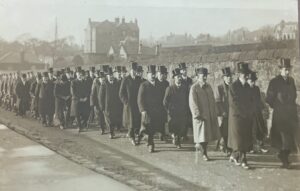
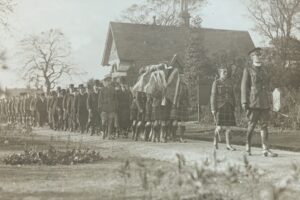
Many thanks to the family of William Tod Louden for the generous donation and to Jim Stewart, Archive Volunteer for researching and writing the blog.


